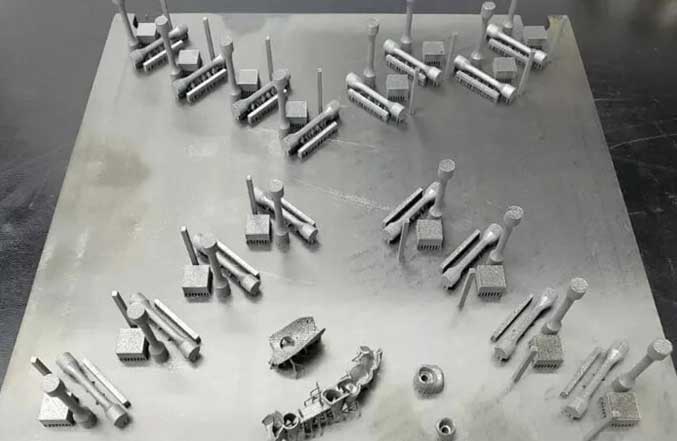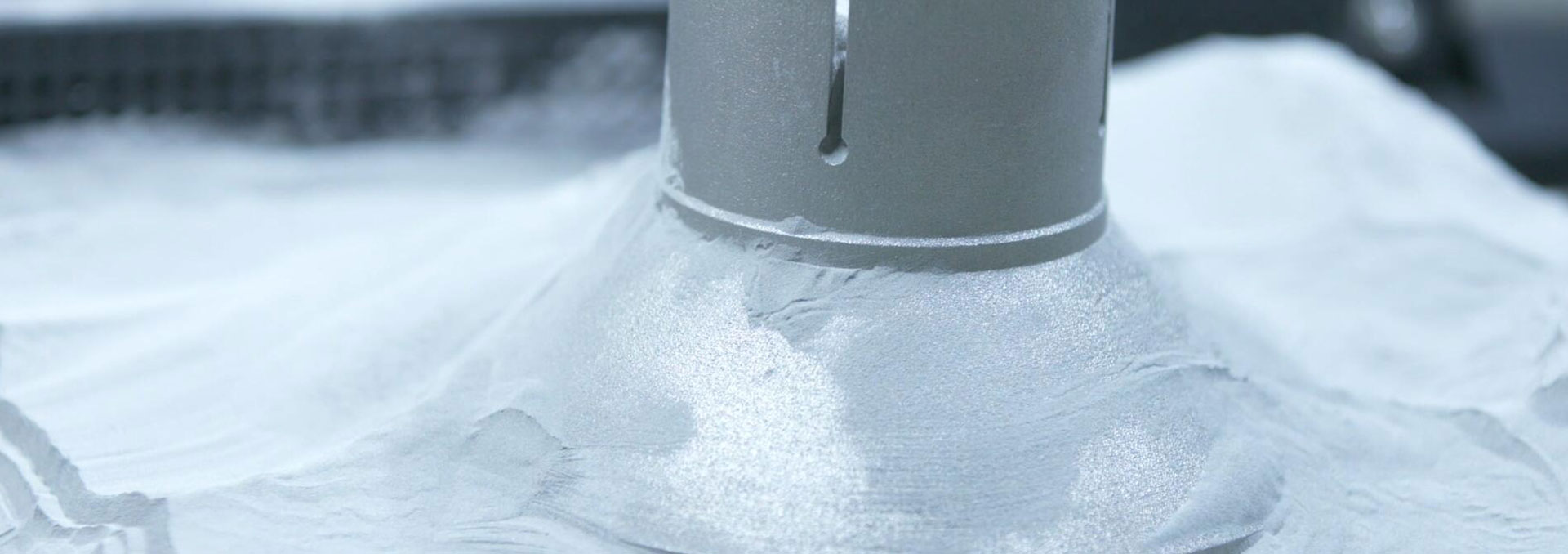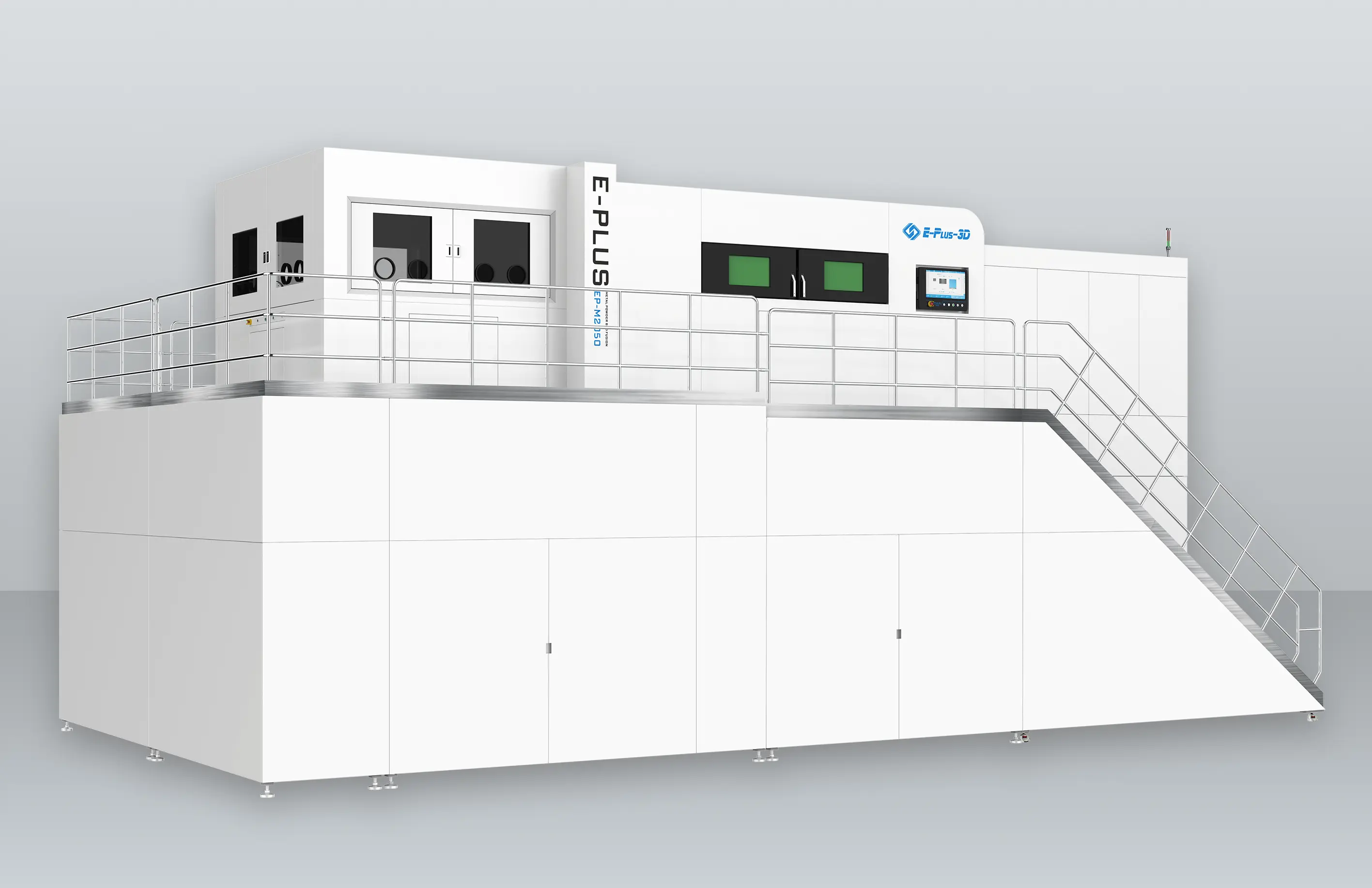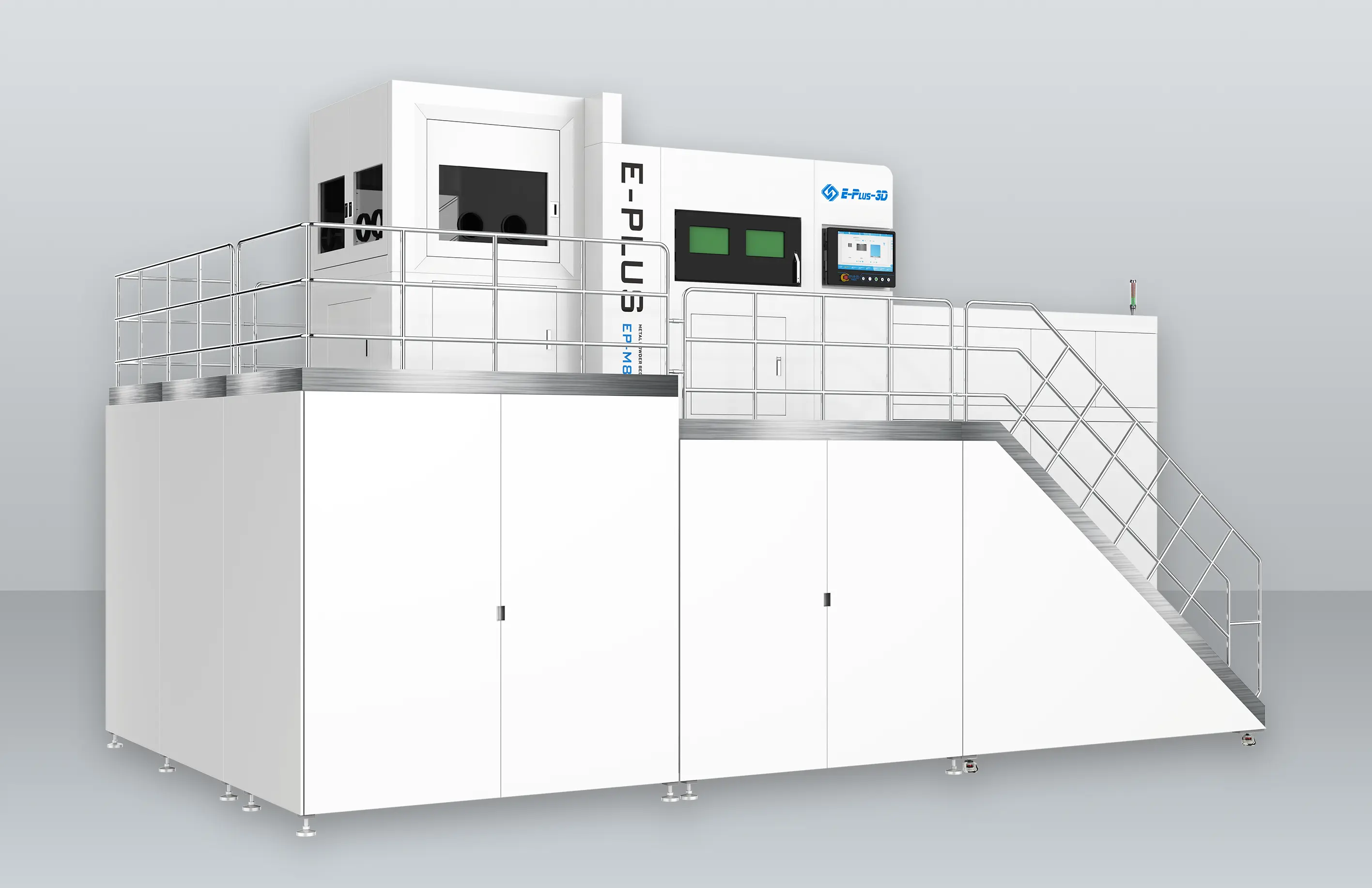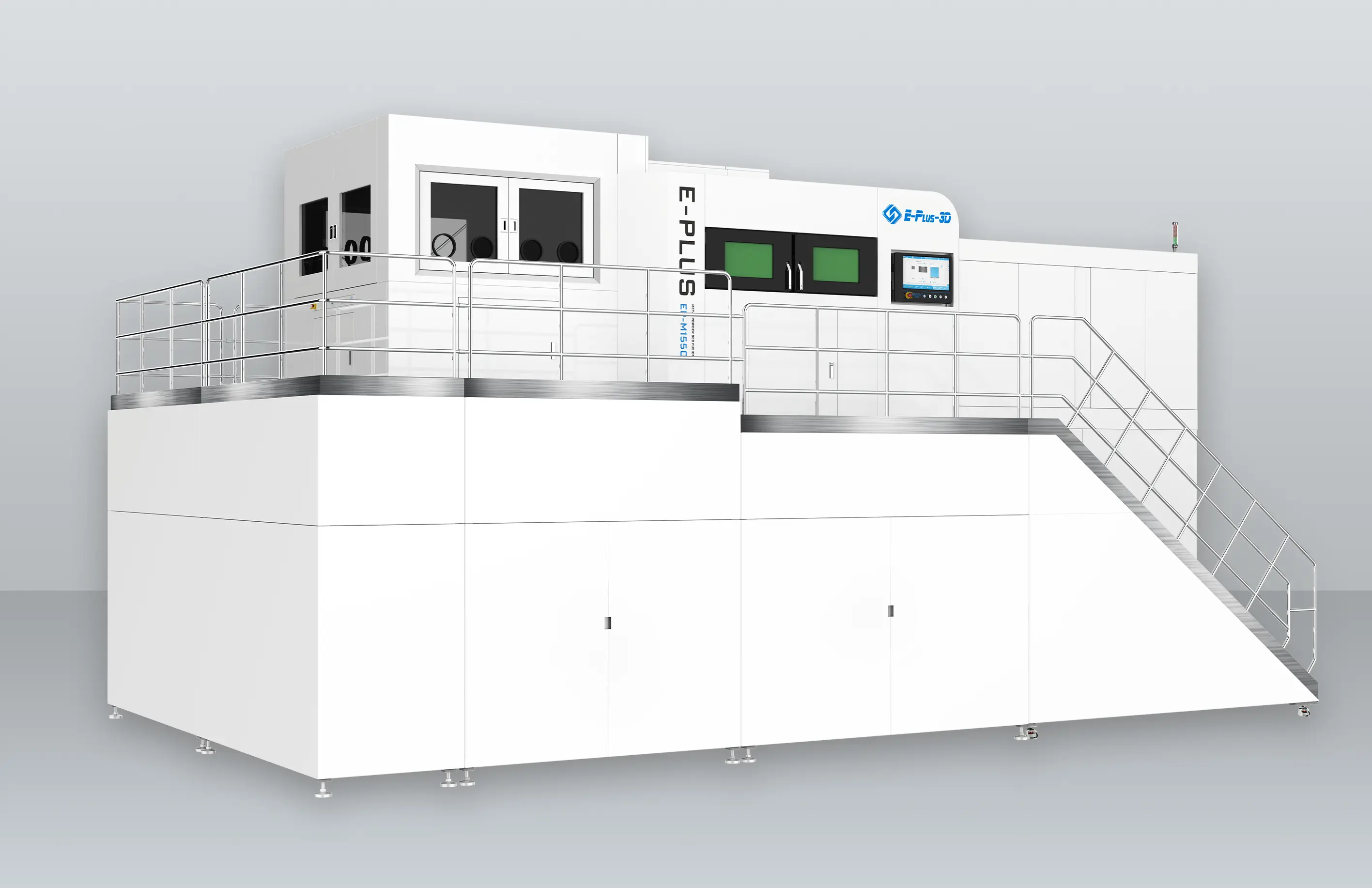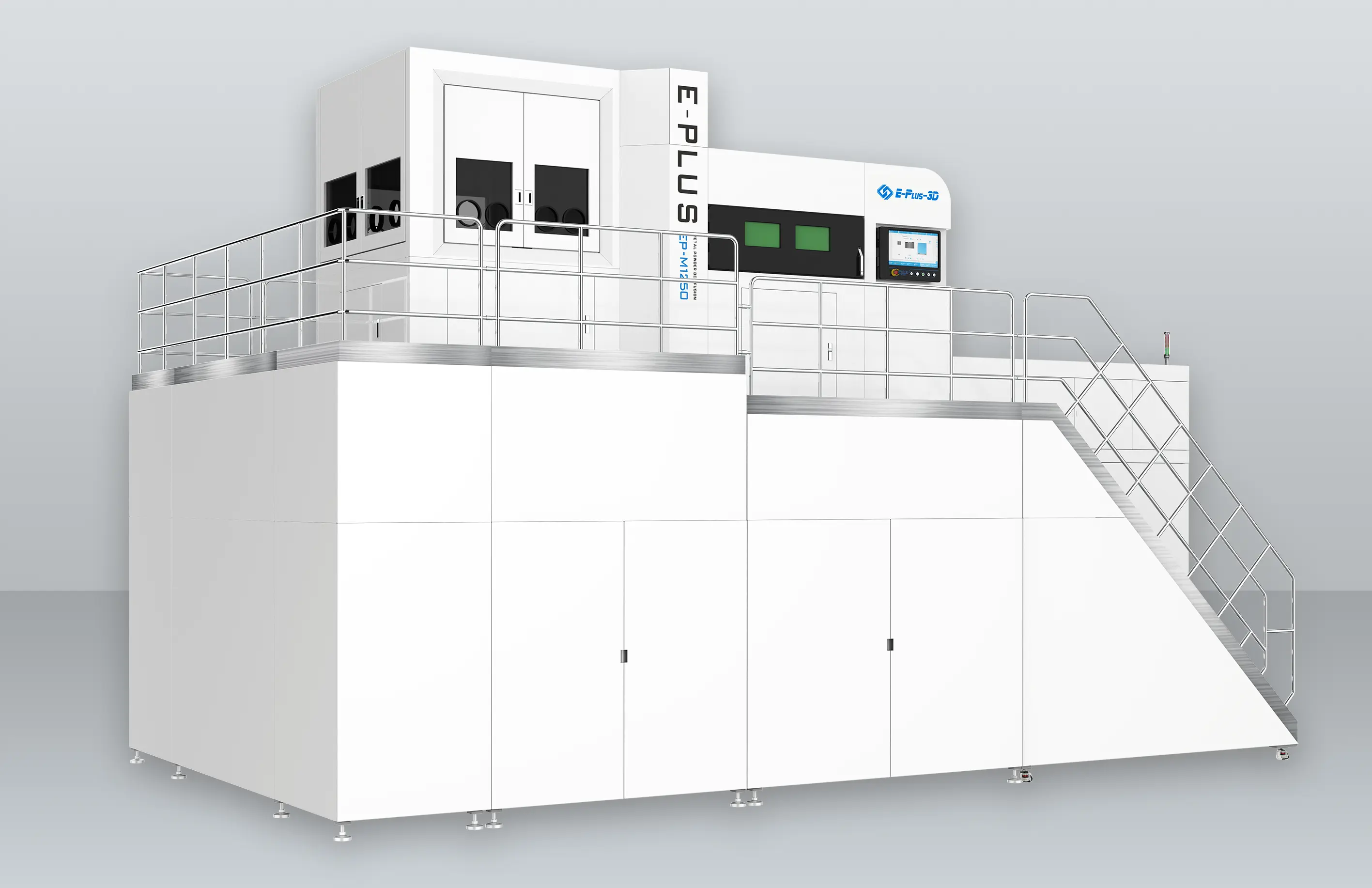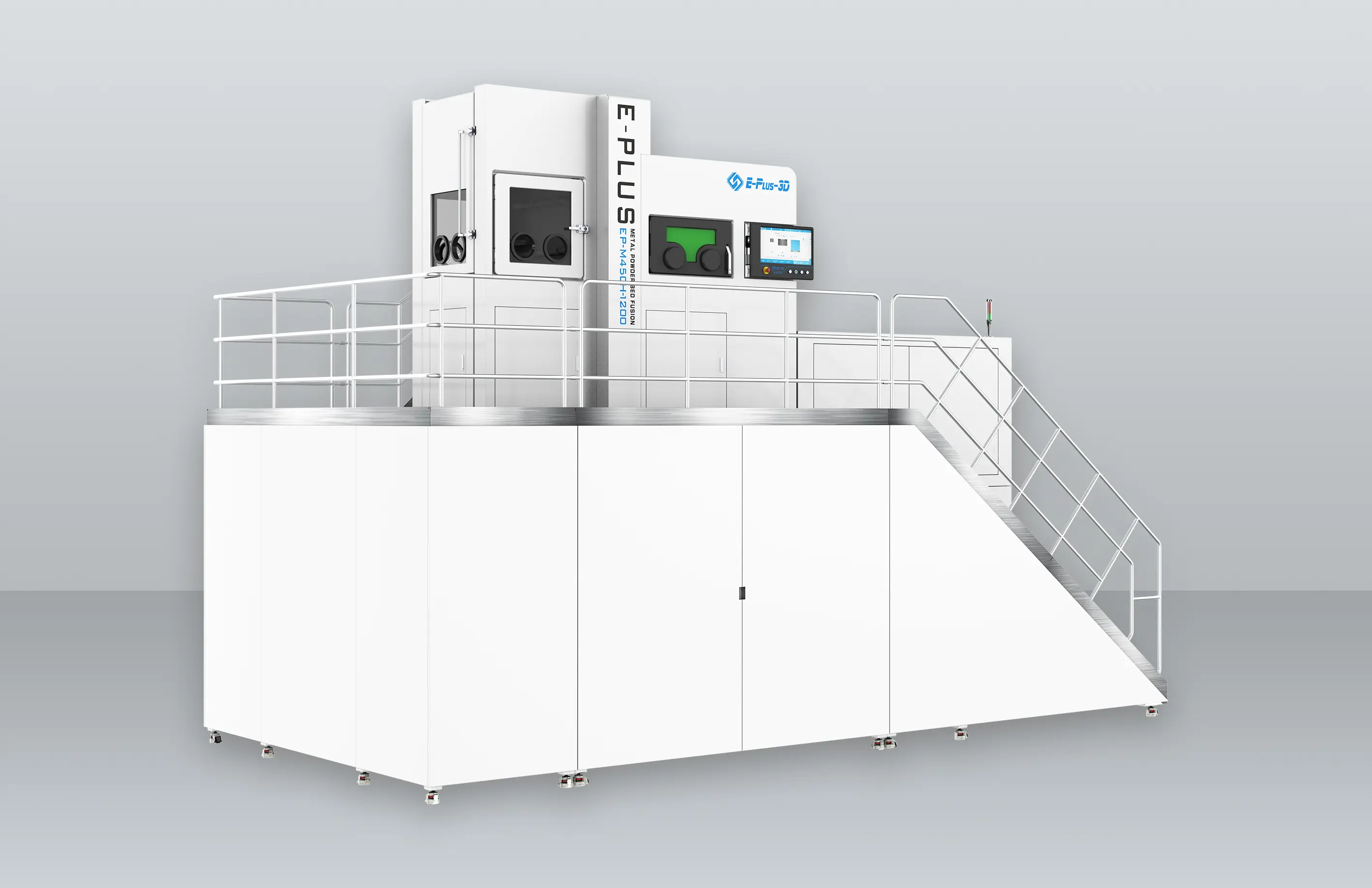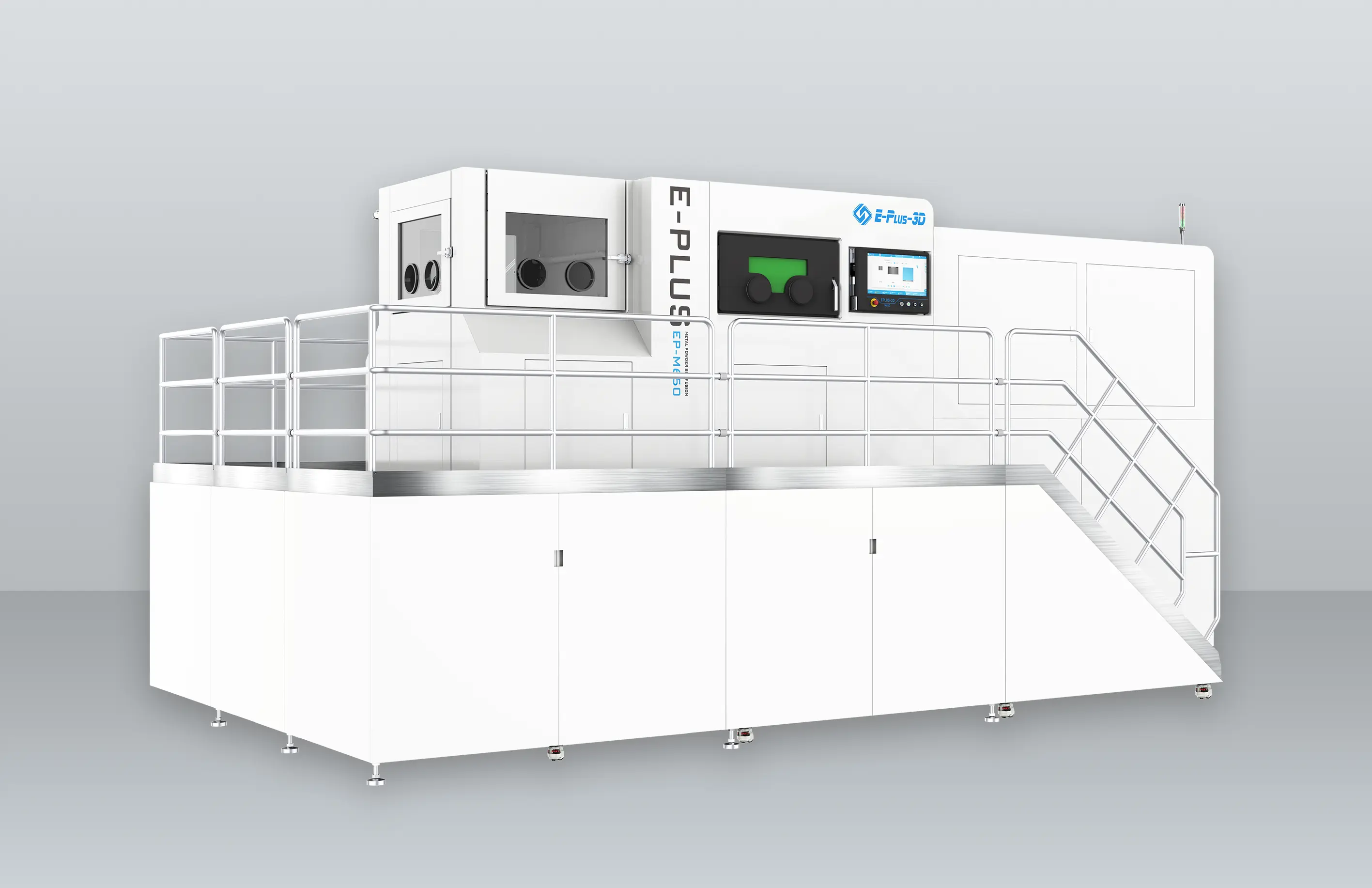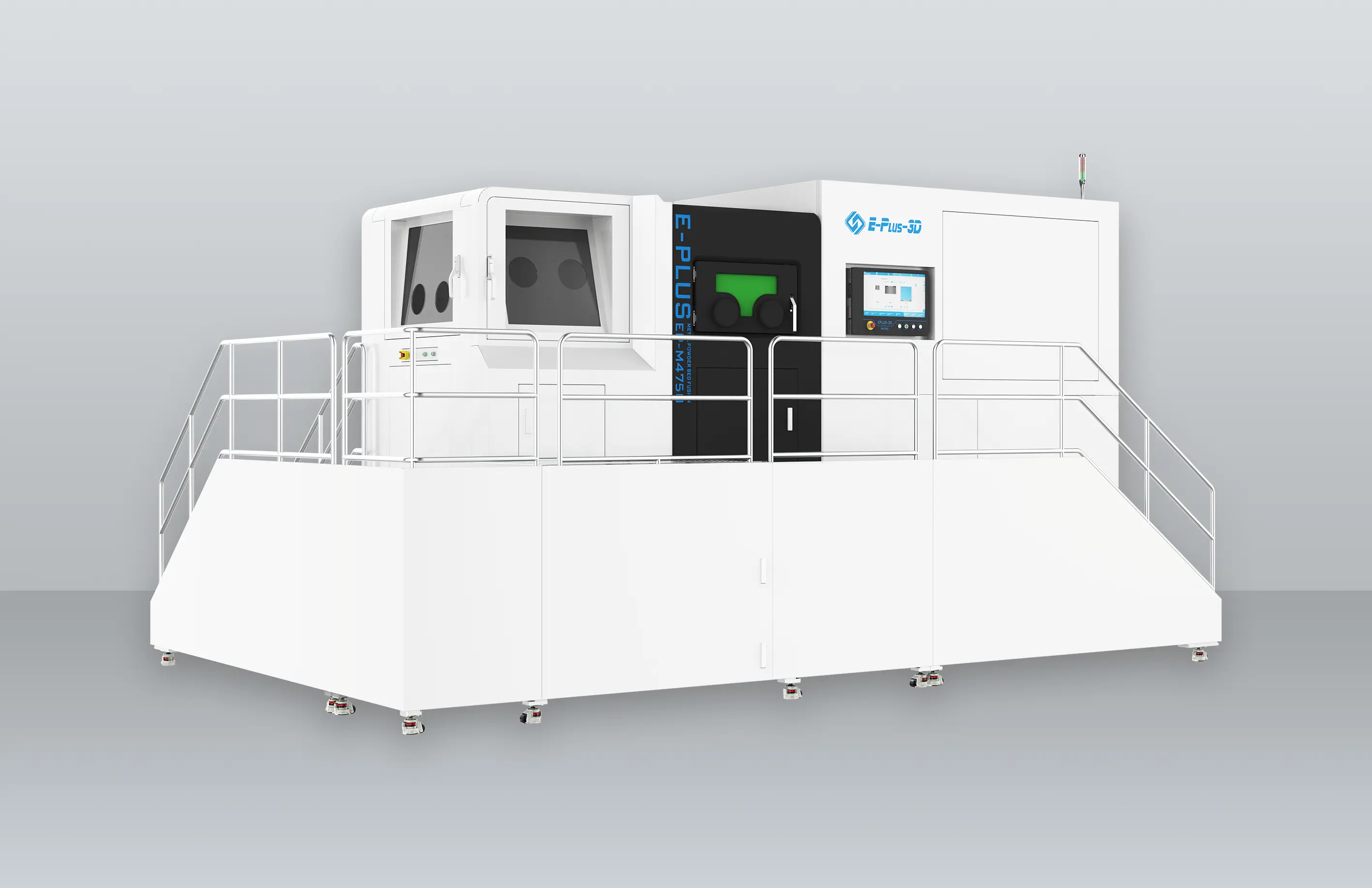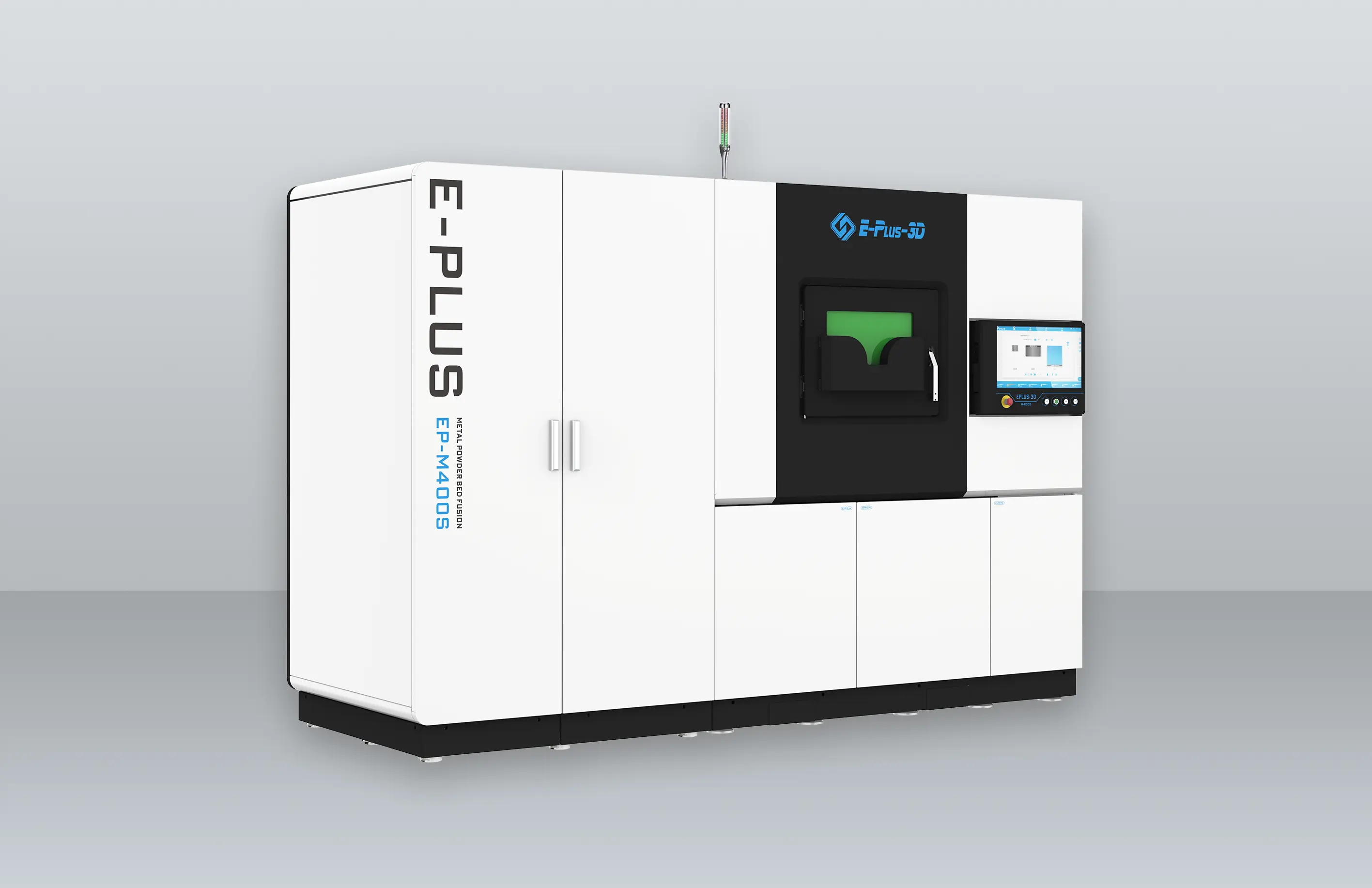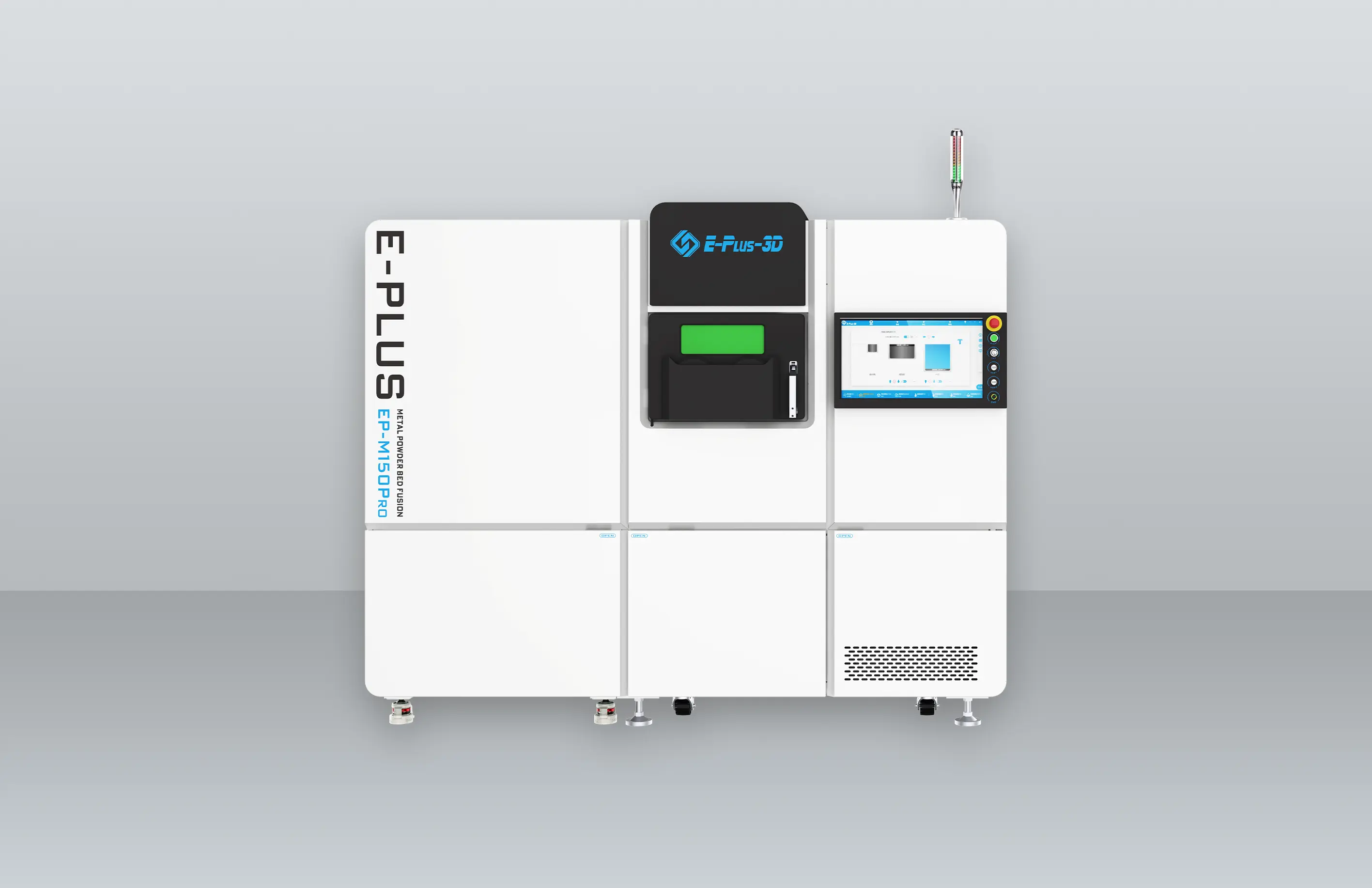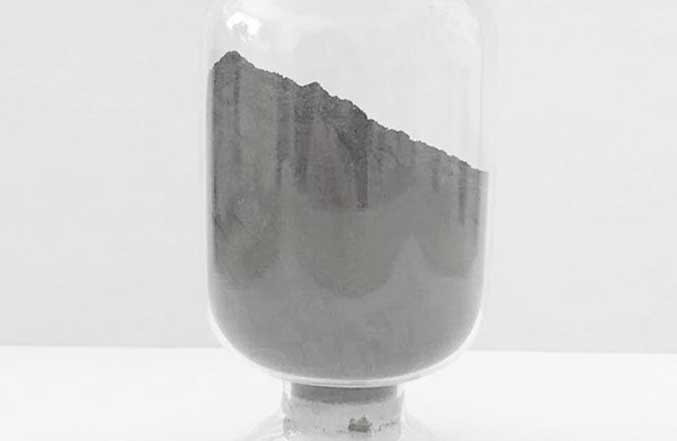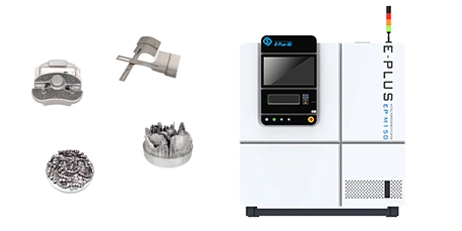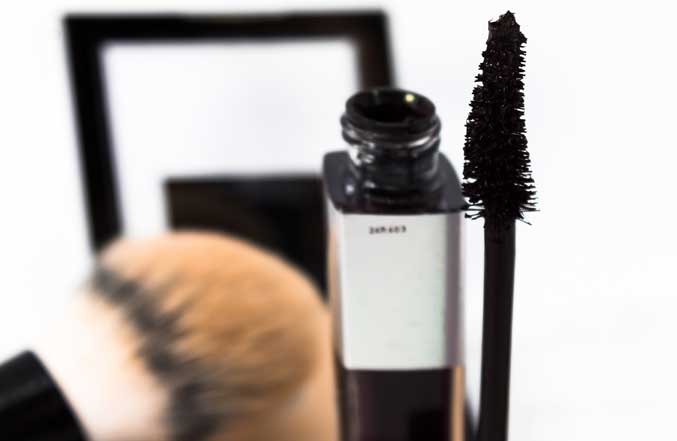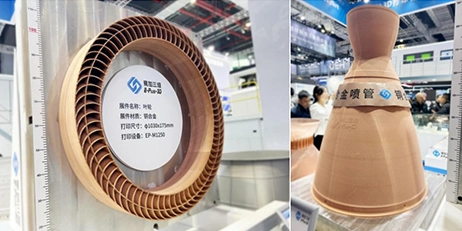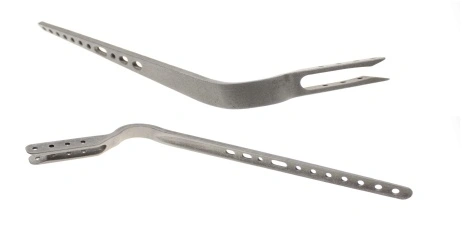The mechanical properties of dental metal 3d printing materials are of great importance, because the dental restorations must meet the corresponding requirements in terms of strength, hardness, plasticity and resiliency in order to be safely and reliably applied in the field of dental restoration.

1. Mechanical properties of TC4 and CoCrMo material
Property | TC4 | CoCrMo |
Chemical Composition | Ti:remain
Al: 5.5-6.5%
V:3.5-4.5% | Co: 64.44%
Cr: 28.3%
Mo: 5.85% |
Density (g/cm3) | 4.42 | 8.30 |
Tensile Strength/Mpa | 1120±20 | 1270±50 |
Yield Strength/Mpa | 1010±50 | 990±50 |
Elongation at Break/% | 12±2 | 12±1 |
Elasticity Modulus (GPa) | 110±10 | 200±20 |
Hardness/HV5 | 370±5 | 400±5 |
As can be seen from the above table that the density of titanium alloy is only half of that of cobalt-chromium alloy, which is more lightweight and the low-density dental restorations can relieve the oral sensation. The thermal conductivity of titanium alloy is only one sixth of that of cobalt-chromium alloy, so dental titanium restoration can protect dental pulp from hot and cold stimulation. In addition, the elastic modulus of TC4 titanium alloy is closest to the hard tissue of human body, and its elastic deformation is much higher than that of cobalt-chromium alloy, which shows good resilience in clinical practice.
2. Corrosion performance of TC4 and CoCrMo material
The dissolution of ions is inevitable when dental restorations are placed in the oral environment for a long time. Therefore, dental metal materials need to have certain corrosion resistance, so as to minimize the precipitation of metal ions, and reduce safety and health risks.
Category | Total dissolved ions at 7 days
(μg/cm3) | Material | Dissolved Ion |
Less dissolution | 0-9 | TC4 | Ti, Al, V |
CoCrMo | Co, Cr, Mo, Ni |
Total amount of ions dissolved in different materials
Some researchers tested the corrosion resistance of 3D printed titanium alloy. The test results show that the total metal ions dissolved into the specified solution at 37℃ for 7 days are 5.6μg/cm2, which has a good corrosion resistance and reaches the corrosion resistance level of precious metals.
3. Biocompatibility of TC4 and CoCrMo material
The factors related to biocompatibility means the material should have no toxicity, no irritation, no carcinogenicity and no teratogenicity to human body. Under the normal metabolism in the body, it should maintain a stable state without biological degeneration, and its metabolism or degradation products are harmless to the human body and easy to be metabolized.
Studies have shown that titanium alloy has strong wear resistance, good cell compatibility and strong corrosion resistance, which is the first choice of dental application materials, followed by cobalt-chromium alloy materials. The cobalt-chromium alloy had certain cytotoxicity to HGF cells, while titanium alloy had good cytocompatibility.
Titanium alloy and cobalt-chromium alloy have been very mature biomedical materials. If we have to say which material is better, we can only say that there is no best, only better.
